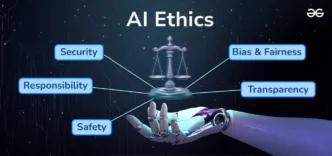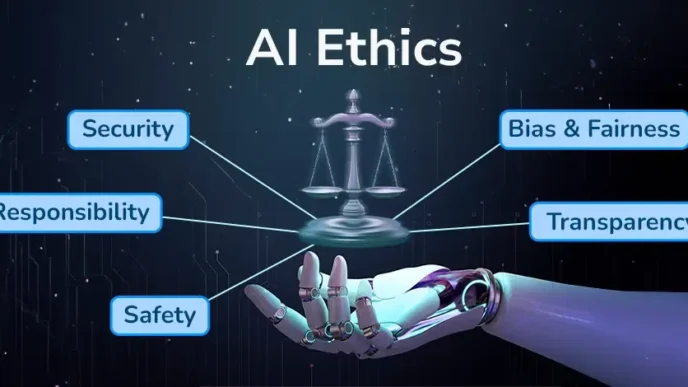Blockchain technology has rapidly emerged as a transformative force across industries, promising security, transparency, and decentralization. Initially known as the backbone of cryptocurrencies like Bitcoin, blockchain’s potential extends far beyond digital currencies, impacting finance, healthcare, supply chain management, and more.
What is Blockchain?
At its core, blockchain is a distributed ledger technology that records transactions across a network of computers. Unlike traditional databases, blockchain operates without a central authority, ensuring data is immutable and transparent. Key features include:
- Decentralization: Data is distributed across nodes, reducing reliance on a central authority.
- Transparency: All participants can view transactions on a public or private ledger.
- Security: Transactions are encrypted and linked together, making unauthorized changes nearly impossible.
How Blockchain Works
- Transaction Initiation: A user requests a transaction, such as transferring funds or recording data.
- Validation: Network nodes (computers) verify the transaction using consensus mechanisms like Proof of Work (PoW) or Proof of Stake (PoS).
- Recording: Once validated, the transaction is added to a block.
- Linking: The new block is linked to the previous block using cryptographic hashes, forming a chain.
- Storage: The chain is updated across all nodes, ensuring consistency and immutability.
Applications of Blockchain
1. Cryptocurrency
- Cryptocurrencies like Bitcoin, Ethereum, and others operate on blockchain, enabling peer-to-peer digital payments without intermediaries.
2. Supply Chain Management
- Blockchain ensures transparency and traceability in supply chains.
- Example: Tracking food products from farm to table or verifying the authenticity of luxury goods.
3. Finance
- Enables faster cross-border payments, reduces fraud, and automates processes like loan approvals through smart contracts.
4. Healthcare
- Secures patient records and ensures data integrity while enabling interoperability between healthcare providers.
5. Voting Systems
- Blockchain can provide secure, transparent, and tamper-proof digital voting systems.
6. Real Estate
- Simplifies property transactions by eliminating paperwork and providing a transparent record of ownership.
Benefits of Blockchain
- Enhanced Security: Immutable records prevent unauthorized alterations.
- Improved Transparency: All participants can access transaction history.
- Reduced Costs: Eliminates intermediaries, lowering transaction fees.
- Increased Efficiency: Automates processes with smart contracts.
- Global Accessibility: Enables participation from anyone with internet access.
Challenges of Blockchain
- Scalability: Blockchain networks can struggle with processing a large volume of transactions quickly.
- Energy Consumption: Proof of Work (PoW) mechanisms consume significant energy.
- Regulatory Uncertainty: Governments are still adapting to blockchain’s decentralized nature.
- Adoption Barriers: Limited understanding and high implementation costs deter widespread adoption.
The Future of Blockchain
The potential of blockchain continues to grow as developers innovate and industries adapt. Upcoming trends include:
- Decentralized Finance (DeFi): Expanding access to financial services without traditional banks.
- Non-Fungible Tokens (NFTs): Transforming digital ownership and creative industries.
- Interoperable Blockchains: Enhancing communication and collaboration between blockchain networks.
- Sustainable Blockchain: Developing eco-friendly consensus mechanisms like Proof of Stake (PoS).
Topics: Blockchain Applications Blockchain Technology Cryptocurrency Decentralized Ledger Future of Blockchain Smart Contracts














